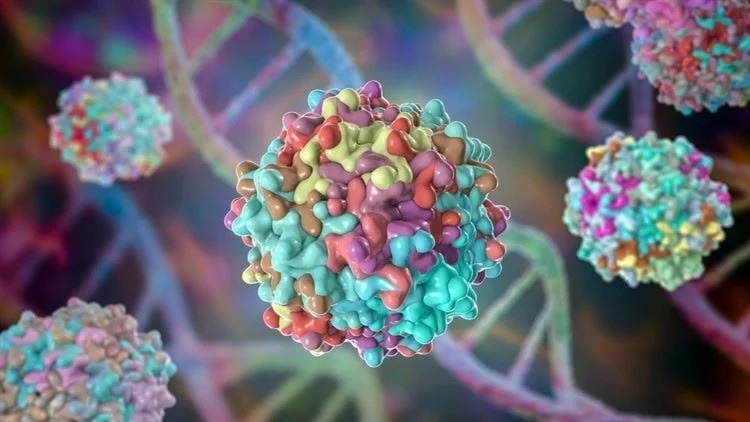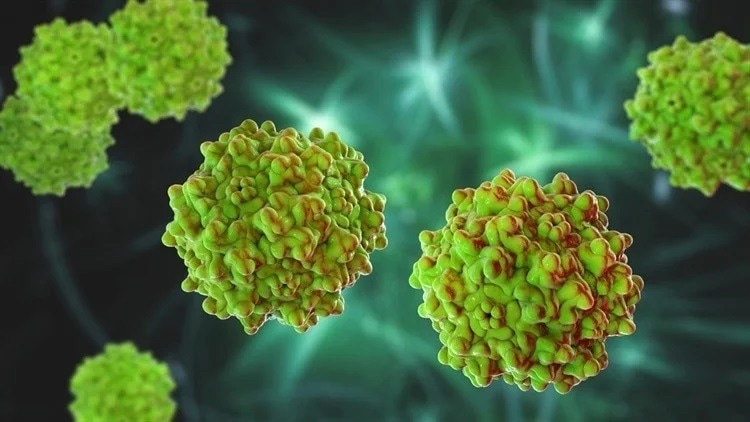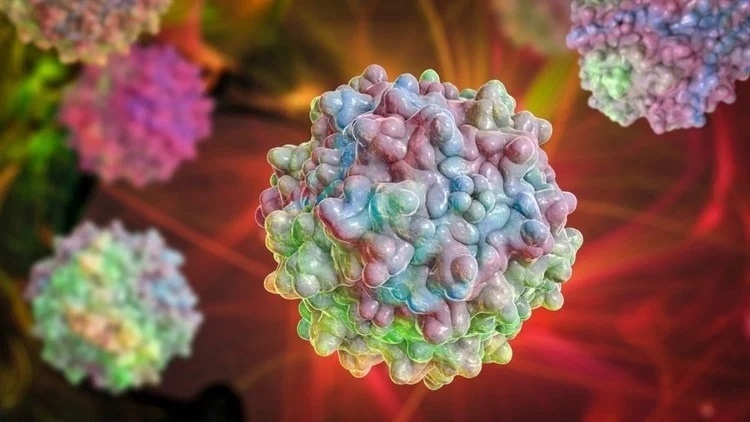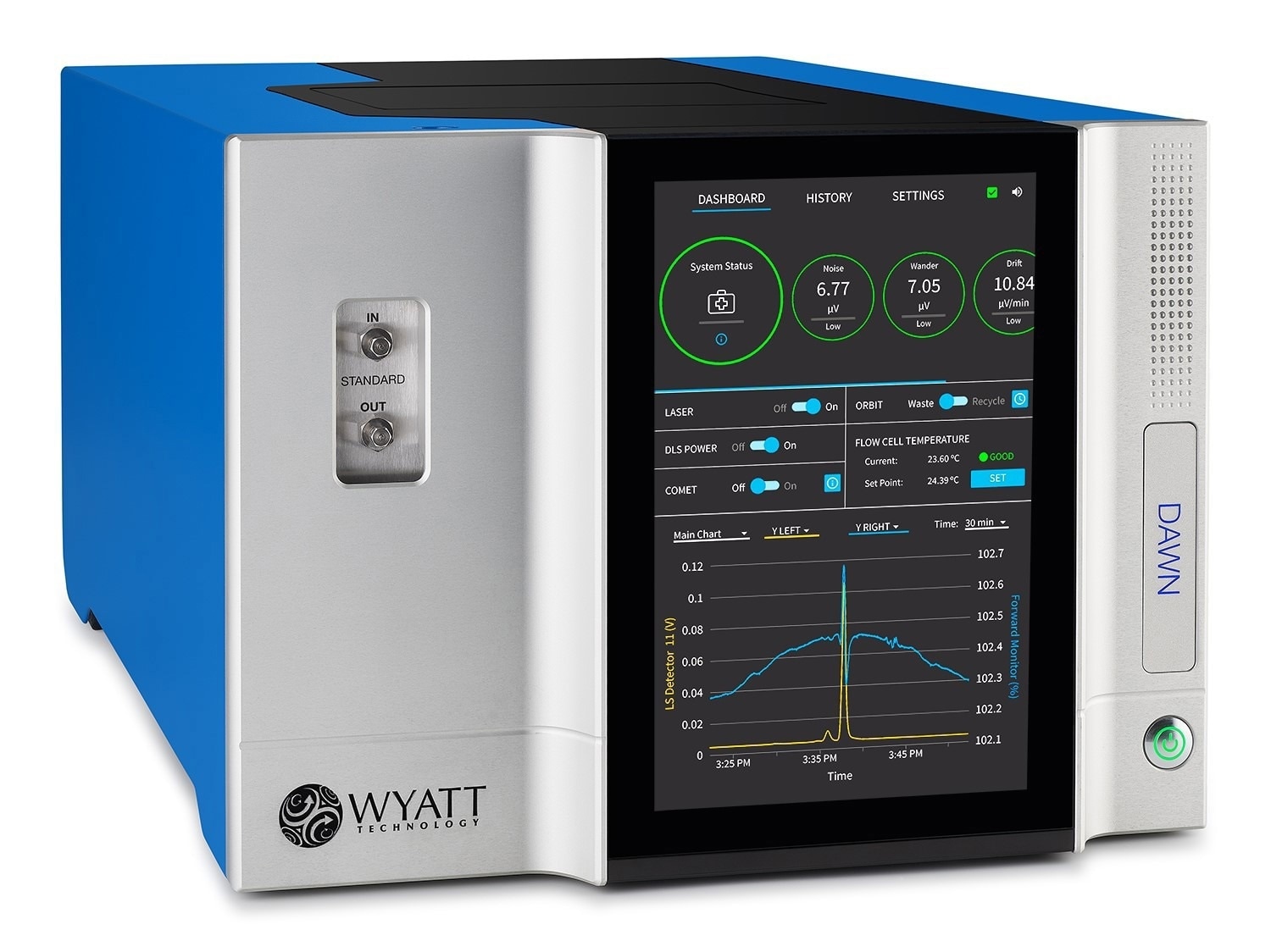In this interview, Arnaud Delobel, the R&D and Innovation Director at Quality Assistance talks to NewsMed-LS about the emerging field of gene therapy with adeno-associated viruses (AAV).
Could you briefly introduce Quality Assistance and what makes them a market leader in Europe in analytical science?
Our organization, Quality Assistance, is a contract research organization. Our work provides scientific, regulatory, and technological expertise to our clients, who develop innovative human medicinal products. Our work is strictly compliant with US and EU regulations.
Regarding analytical protocol and methods, we offer customized solutions. When it comes to the acquisition and interpretation of data, Quality Assistance provides a wide array of cutting-edge equipment, which can then be included in the regulatory dossier. Our work is performed in a single site based in Belgium.
With 40 years of experience, Quality Assistance is a stable, reliable analytical partner working hard for our customers.
The Emerging Field of Gene Therapy with Adeno-Associated Viruses - Wyatt and Quality Assistance
Can you describe the analytical capabilities of your company?
To support the development of innovative products, Quality Assistance offers our customers the benefit of our analytical expertise to determine drug safety, quality, and efficacy. This is where Quality Assistance's customized solutions are essential, including the development and validation of specific methods for each product and the design of analytical protocols.
Quality Assistance also offers characterization services, stability studies, battery testing, PK biomarker, and immunogenicity studies.
With our strong product-dedicated expertise, Quality Assistance has worked for 40 years on producing and managing new chemical entities, along with working on peptides and oligonucleotides. Over the last two decades, the company has worked on recombinant proteins such as monoclonal antibodies and antibody-drug conjugates.
Our services for emerging markets, such as mRNA-based therapies, cell and gene therapies, and viral vectors, have been a focus for development over the last few years.
Gene therapy with adeno-associated viruses (AAVs) is an emerging field. What are the advantages provided by your organization for AAV gene therapy studies, and how do they benefit your company?
There is definitely an increasing demand for analytical methods for characterizing AAV therapies. Over the last few years, most projects we handled that were in the research phase switched to the clinical phase. With this switch, robust analytical methods, offering results that can be included in regulatory dossiers, became essential.
To keep up with this demand our organization invested in Wyatt SEC-MALS system, which is a powerful tool for characterizing AAVs. We can now provide our customers with reliable, validated methods, and results that can be included in regulatory files.

Image Credit: ShutterShock/Kateryna Kon
Please outline the portfolio of analytical tools from Wyatt used in the field of AAVs.
We use Wyatt’s DAWN multi-angle light scattering detector with size-exclusion chromatography (SEC-MALS). We also use Wyatt’s Eclipse asymmetric-flow field-flow fractionation (AF4) instrument along with a multi-detector system for the separation and characterization of AAVs (MD-AF4). Our multi-detector system includes a Wyatt Optilab refractive index (RI) detector, a UV detector, and a DAWN multi-angle light scattering (MALS) equipped with online dynamic light scattering (DLS) detection module for in-depth analysis.
What were the factors behind choosing Wyatt instruments for these AAV gene therapy applications?
Our organization has over a decade of experience with Wyatt systems. We have employed them to characterize monoclonal antibodies, antibody-drug conjugates, other recombinant proteins, and vaccines.
It was clear to us, from the growing demand for AAV analytics and the capabilities offered by the SEC-MALS system from Wyatt, that we needed to present this service to our customers.

Image Credit: ShutterShock/Kateryna Kon
How do light scattering methods compare to traditional characterization techniques when working with these AAV vectors?
Light scattering techniques can be used to replace a range of different analytical techniques. Along with concentration detectors, light scattering can be considered a muti-attribute method that allows the analysis of size, molecular masses of the protein and the nucleic acid component, concentration, empty/full ratio and aggregate content with one system.
Additionally, it doesn’t require primer or antibody reagents and it offers better precision compared to PCR and ddPCR and increased robustness to AUC. A final benefit to highlight is the simplicity of implementing the method in a GxP environment.
Quality Assistance has recently added compliance certification for various techniques that were not available before, including field-flow fractionation. Why is this compliance certification important? What is the benefit of compliance to your customers?
Thanks to the 21 CFR Part 11 compliance offered by Wyatt’s products, we can now employ AF4-MALS in a GxP-compliant environment.
To include data in a regulatory dossier for a characterization study, it is always essential to have complete data integrity. Such compliance with AF4 is not only an advantage for us but is also a significant benefit for our customers.
What new benefits do your customers get from these additional techniques in your portfolio?
For AAV analytics in a GxP-compliant environment, Quality Assistance can offer SEC-MALS and AF4-MALS to our customers. This new flexibility in analytical methodologies offers notable advantages, including an improved time to market, thanks to the ability to analyze several critical quality attributes with a single method.
What does the future hold for Quality Assistance?How might the AAV market develop, and are there any other emerging technologies with the potential to shape the industry?
At present, the AAV market is growing. Though it is clear that there will be a need for robust and reliable analytical techniques, it is difficult to say where such developments will stop and what the future will look like. Many developments can currently be seen in analytical techniques, both in the physical/chemical part and the biological methods.

Image Credit: ShutterShock/Kateryna Kon
Further developments will invariably take place. It is difficult to say precisely which changes will be applied in a compliant environment. Still, it is likely that the analytical market for AAVs will continue to expand.
What are some other analyses performed using Wyatt's instruments, in addition to the AAV applications? How important is Wyatt's technology within your labs?
Wyatt systems are not only for AAV-based products but also for recombinant proteins such as monoclonal antibodies, antibody-drug conjugates, and vaccines such as polysaccharide vaccines. Another use is the development of a range of applications for mRNA-based therapies.

Image Credit: Wyatt Technology
Wyatt systems are versatile and flexible and can rapidly analyze and produce results from different samples in a range of formulations. Finally, all our work is performed in a compliant environment, which is vital for our customers.
Watch the full interview here
About Arnaud Delobel
Arnaud Delobel is the R&D and Innovation Director at Quality Assistance. He graduated from ECPM Strasbourg and specialized in mass spectrometry of proteins and peptides during his Ph.D. at the CNRS in Gif-sur-Yvette (France). After a post-doc in Liège (Belgium) focused on proteomics, he joined Quality Assistance in 2006 and held several positions in the company, eventually becoming R&D and Innovation Director in 2016.
As the head of the R&D Department, he supervises internal R&D projects, aiming at implementing new analytical technologies that Quality Assistance will ultimately provide to their customers. He also oversees a team of Product Experts responsible for identifying market needs and interpreting and translating this intelligence into developing new R&D services.

This information has been sourced, reviewed and adapted from materials provided by Wyatt Technology.
For more information on this source, please visit Wyatt Technology.